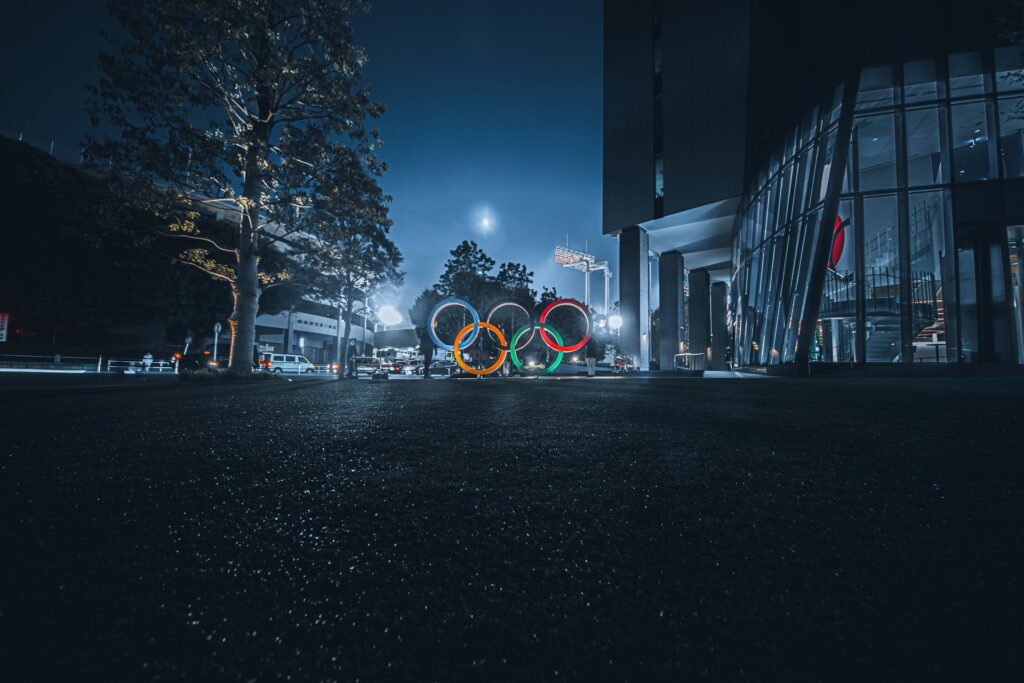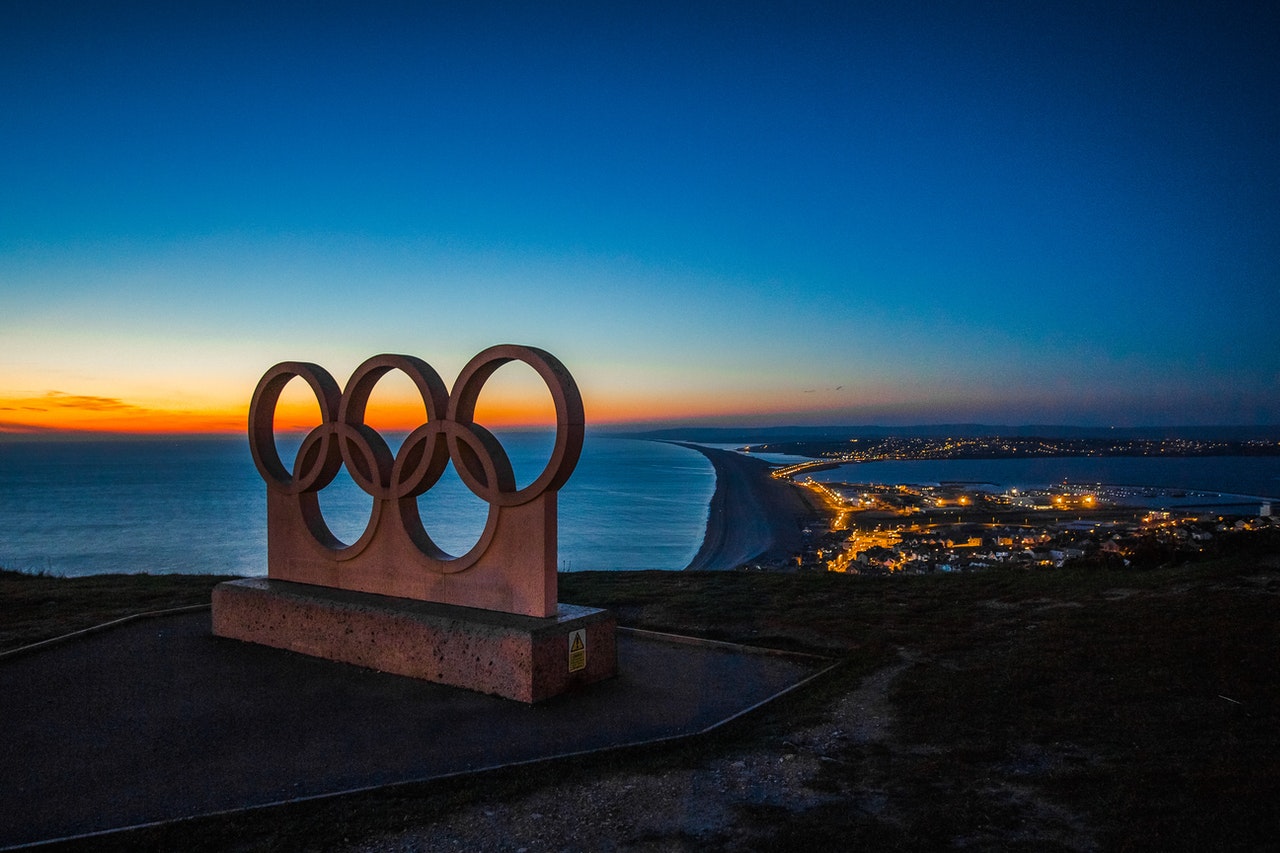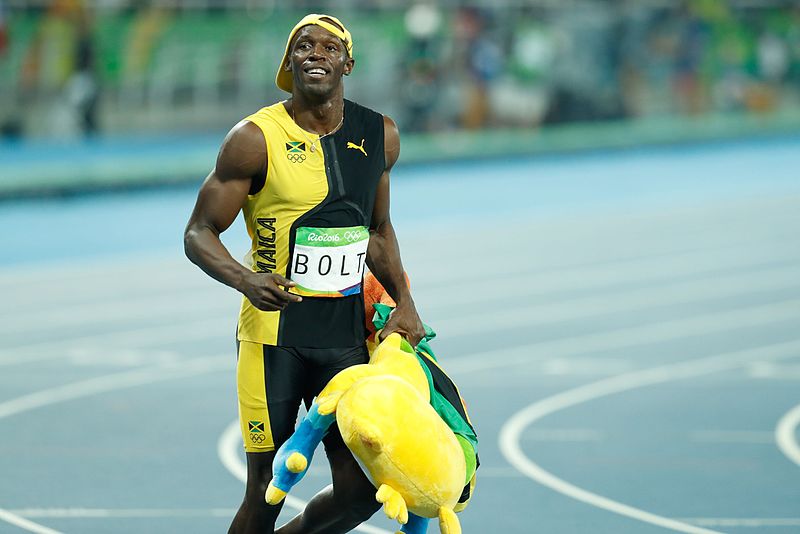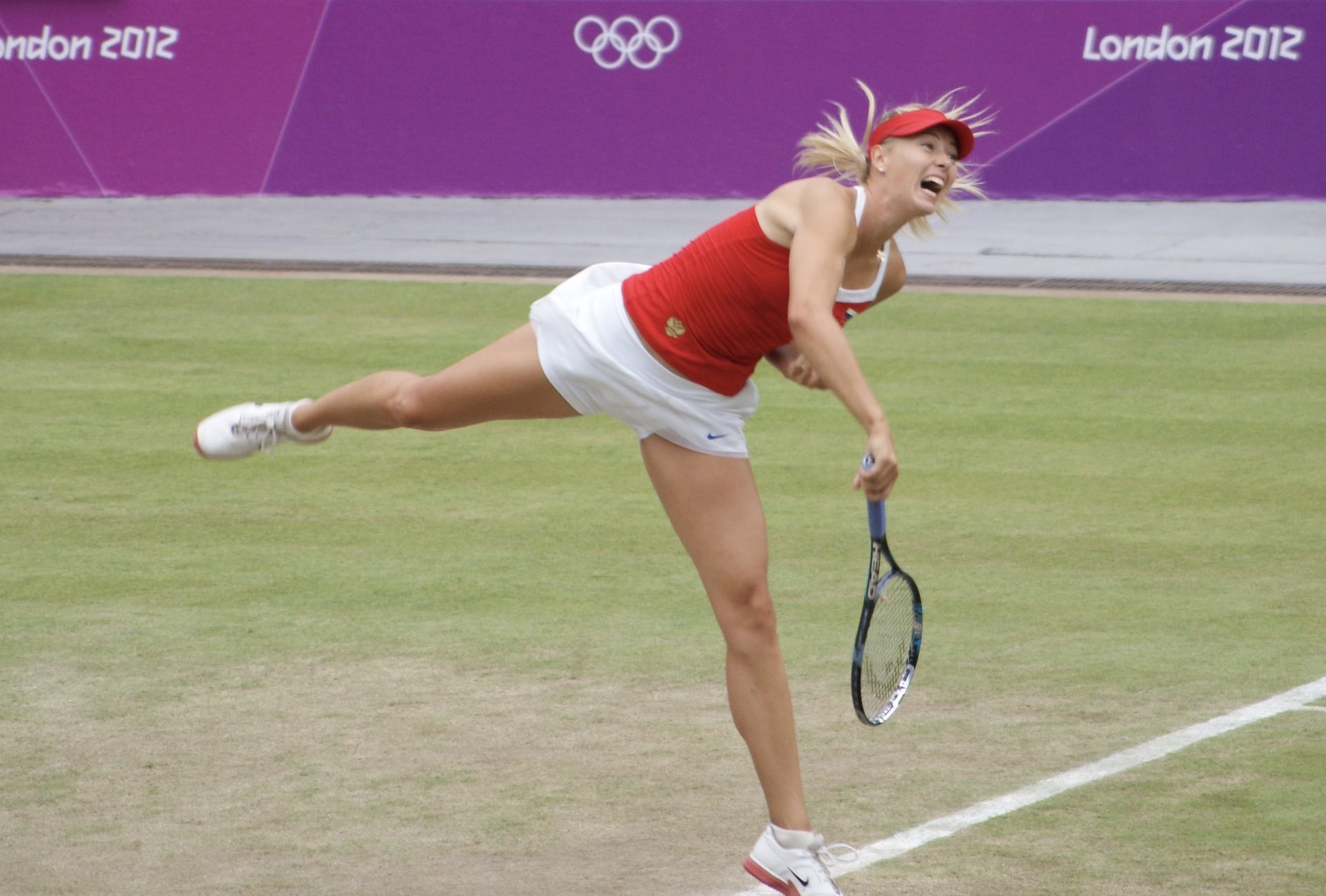Reading Time: 2 minutes
This is a 2-part series. In Part-1, we looked at the existing process. In Part-2, we cover the reasons behind the new approach for selecting the host city and what this new approach entails.
- The benefitsProfit and job creation in various industries (construction companies, banks, hotels, media, etc.). Also, hosting the Games is seen as a big badge of honour and carries the potential of turning the city into a tourist destination for years to come. of hosting the Olympic Games are highly questionable.
- This is because, since 1960, almost all Olympic Games have had massive cost overruns (e.g., the cost estimates for hosting Rio Olympics 2016 were $2.8 billion, but it ended up costing $20 billion).
- It means most host cities, rather than enjoying the benefits, end up losing money and wasting resources.
- This is one of the reasons why the IOC decided to adopt a new approach.
- Because, despite the expected losses, competing cities do everything possible to outbid the competitors to earn this “badge of honour.”
- This “everything” includes excessive expenditure and corruption—several cases of bribing/unethical lobbying have been reported over the years.
- So, it reached a stage where countries started pulling out of the bidding process.
- In 2014, the IOC adopted Olympic Agenda 2020 that outlined the roadmap for the changes in the election process.
- Under this new approach, the IOC works with potential hosts and, rather than demanding major infrastructural changes, adapts the games to the general infrastructure plans of the city.
- The focus is on modification than construction—maximum use of existing facilities is promoted.
- The host city can now use facilities outside the region or even the country if building a new facility can’t be justified.
- The IOC will now share its expertise & experience with the host city to manage costs.
- Two “Future Host Commissions”Comprising International Federations, athletes, National Olympic Committees, the International Paralympic Committee. will oversee the process and make recommendations to keep costs manageable and the project environmentally sustainable.
- Rather than expensive proposals, interested cities can now get into an informal exchange with the IOC to explore interest in hosting the Games without any obligations.
- The IOC and the interested parties keep a continuous dialogue on where IOC supports them to develop the Games concept and discuss if that concept is aligned with the general developmental goals of the parties.
- This continuous dialogue is non-edition, i.e., it is not for a specific (2032 or 2036) Olympics Games—it is more about exchanging notes.
- Then the discussion with the preferred host becomes targeted, and a specific edition is discussed.
- Brisbane 2032 is the first test of this new approach.
Image courtesy of Ryunosuke Kikuno through Unsplash













